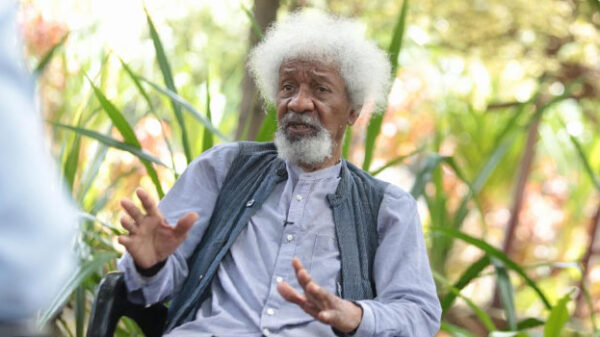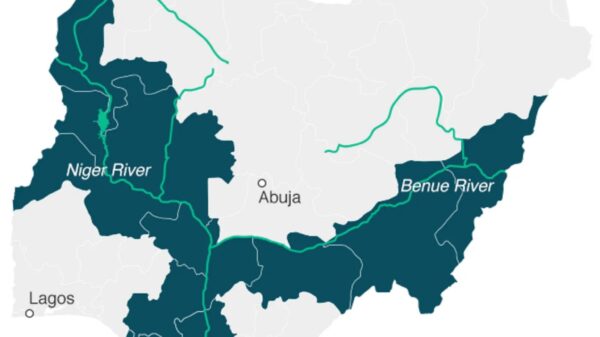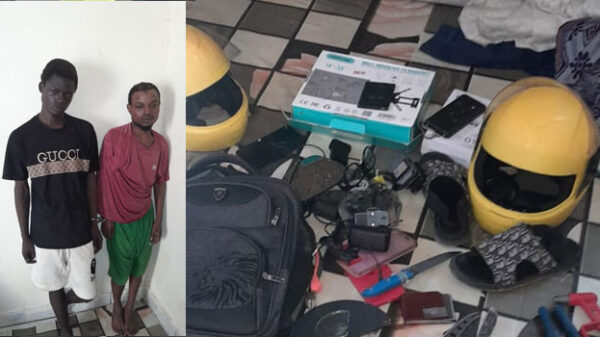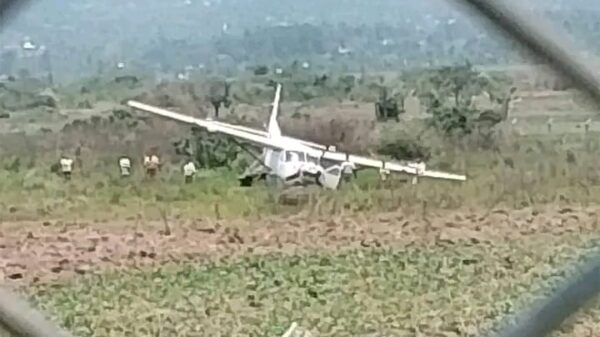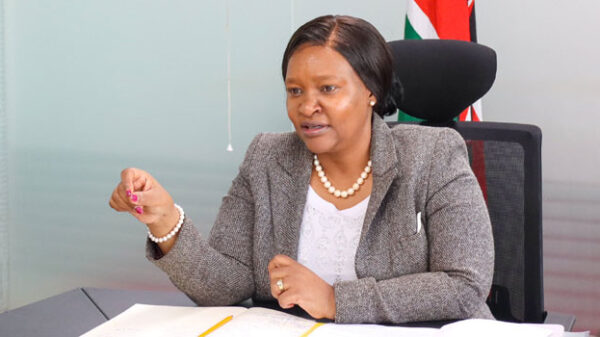
The project which kicked off in January this year, focuses on long term interventions that will move people away from over reliance on handouts to food security/COURTESY KRCS
NAIROBI, Kenya, Aug 29 – The second phase of the Kenyans for Kenya initiative, which was launched last year to feed starving Kenyans is underway.
The project which kicked off in January this year, focuses on long term interventions that will move people away from over reliance on handouts to food security.
Kenya Red Cross Secretary General Abbas Gullet pointed out that the current plan will take 18 months and has already made several gains in setting up food, water, health and sanitation facilities in arid and semi arid parts of the country.
“These are developmental issues and they take time. With relief you can walk in and walk out but the days of free things are long gone because once you establish such a culture people become dependent,” he argued.
Gullet at the same time urged the government to set up similar initiatives that will complement those run by non-governmental agencies.
He argued that the government was still tasked with providing for its citizenry and it would be in bad taste if it forfeited that responsibility.
“The government has a cardinal and fundamental responsibility to provide security to every citizen in this country. We have plenty of resources in this country so it’s just a matter of how we manage what we have,” he said.
Although he noted that sometimes politics played out on the ground it did not hamper the food security interventions.
He also said that the tribal clashes in the upper parts of the country had not derailed initiatives that had been financed by the Kenyans for Kenya campaign.
“The tribal and ethnic clashes have not in any way jeopardised or affected our work on food security. In fact these communities are very appreciative; they allow us to work with them though we have had to at times facilitate peace meetings,” he said.
Gullet further noted that the second phase would improve the food security situation of about 90,000 direct beneficiaries and 585,000 indirect beneficiaries in East Pokot, Walda, Moyale and Turkana North.
“The budget set for East Pokot is Sh117,684,600, while that for Walda and Turkana North is Sh84,000,000 and Sh121,000,000 respectively and these are areas with the potential to become food producers,” he observed.
He observed that 12 boreholes had been drilled through the initiative although eight did not yield any result.
“Only four boreholes were successful because these areas are very dry. The first borehole yielded 1.8 cubic meters of water per hour, the second six cubic meters of water, the third 10.6 cubic meters and the fourth about seven cubic meters of water,” he noted.
He added that the rough terrain in the area also slowed things down.
“We are also conducting pipe works in order to bring water to the communities and increase farming acreages but the terrain is very difficult and major works will take time,” he said.
He also expressed optimism that the remote areas would become food producers once the agricultural initiatives took root.
“We expect to yield bananas, cowpeas, sorghum, cassavas and many other crops. When yields are complete and harvested these people will get a surplus of about 7,000 metric tonnes of food,” he said.



